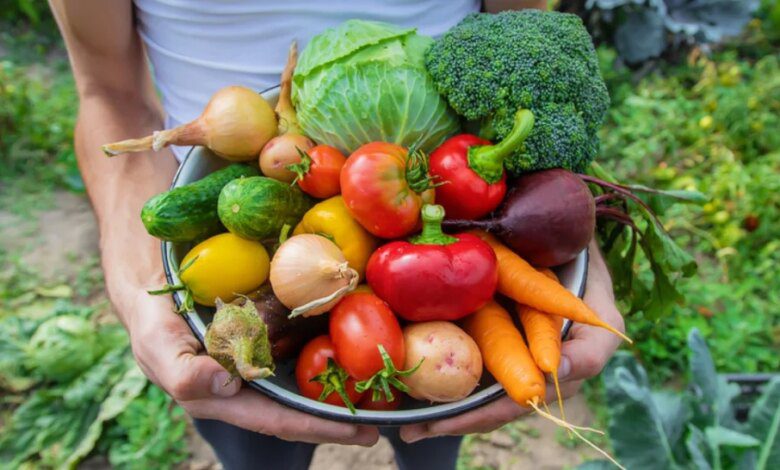
Do you want a rich garden? Avoid growing these plants together!
Have you ever thought that plants might not be compatible in the garden? Well, some combinations of vegetables, herbs and salads are not suitable for growing together. Due to the exchange of chemicals, some can negatively affect the growth and development of others. Here they are!
The garden can be seen as a community - some are not bothered by the presence of others, while others want to live alone in their own space. For example, there are some vegetables, salads and aromatic herbs that can negatively affect the development of others due to mutual metabolism. We present them to you in the lines below!
The content of the article
Beans - Onions
The first combination on our list is beans and onions. The beans produce biochemicals that can inhibit the growth of plants in the allium family (leeks, green onions and garlic). You can safely plant beans next to carrots because they complement each other with nutrients that promote their growth.
Tomatoes - Corn
Tomatoes and corn don't get along either. Tomatoes are best grown next to cabbage or potatoes. You can plant lettuce seeds around them as they will keep shade and the soil moist, which is ideal for moisture-loving tomato varieties.
Potatoes - Sunflower
It is also not good to grow potatoes and seeds together. The couple doesn't get along because sunflower seeds contain a toxic ingredient that prevents the potatoes from growing properly. It is best to grow spinach next to potatoes.
You may also be interested in: The secret of large and tasty tomatoes. The trick can be implemented extremely simply!
Celery - Carrot
Celery and carrots are essential in soups and stews, but growing them together is not recommended. It is best to plant thyme next to celery as it will keep the weeds at bay.
Cucumbers – Rosemary
Cucumber can pick up the scents of strong herbs, so plant rosemary, basil and sage away from it. Instead, you can plant tomatoes next to cucumbers.
Avoid these combinations too!
Our list of vegetables, salads and herbs that should not be grown together includes:
- Lettuce and garlic;
- Parsnips and carrots;
- Pumpkins and zucchini.















